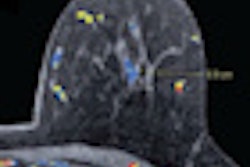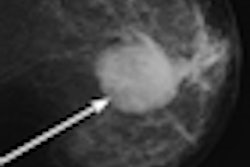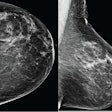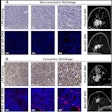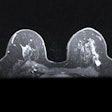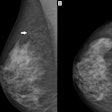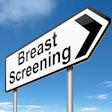Women who have false-positive mammograms can experience lower quality of life and feelings of anxiety, effects that can last for up to a year after the exam, according to a study published online December 20 in the British Journal of Surgery.
To better prepare women for the initial results of a screening mammogram, Dutch physicians recommend that more information about the likelihood of being recalled, the procedures that might be performed to verify or rule out breast cancer, and the odds of being diagnosed with cancer should be included with invitations to participate in breast cancer screening.
The Netherlands has a national breast cancer screening program in which 80% of women ages 50 to 75 get a mammogram every two years. Approximately 0.89% to 1.1% of women who participate require additional procedures, and cancer is ruled out for the majority (60.5%).
The study evaluated anxiety levels and other quality-of-life issues in 385 women who had an abnormality on a screening mammogram. Breast cancer was diagnosed in 39%.
A second mammogram ruled out breast cancer for 28% of the women recalled for additional procedures. However, the majority also had at least one core biopsy, and 8% needed an excisional biopsy before cancer was ruled out.
Principal investigator A.F.W. van der Steeg, MD, of the department of surgery at St. Elisabeth Hospital in Lilburg, and colleagues conducted a personality assessment of all women who enrolled in the study prior to having a mammogram. They conducted quality-of-life assessments for all women during the process of diagnosing or ruling out breast cancer and over the ensuing 12 months.
More than half (55%) of the women with false-positive mammograms returned for breast check-ups at least once within 12 months after their final diagnostic procedure, and some returned up to eight times. Patients with a high score on trait anxiety suffered discomfort and a reduced quality of life, the researchers reported.
The authors wrote that women often overestimate the benefits of breast cancer screening and "are not aware of the possible dangers." In their review of 27 websites promoting breast health, they said that the most important dangers of screening -- overdiagnosis and overtreatment -- were inadequately addressed.
By Cynthia E. Keen
AuntMinnie.com staff writer
January 13, 2011
Related Reading
Uncertainty trumps riskiness in raising waiting room anxiety, November 30, 2010
Optical tomography plus US could reduce breast biopsies, June 24, 2010
Screening mammogram sensitivity is improving, study shows, May 27, 2010
False-positive mammograms can have negative long-term results, April 12, 2007
One in five women has false-positive mammogram over 20 years, August 23, 2004
Copyright © 2011 AuntMinnie.com






